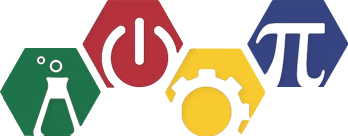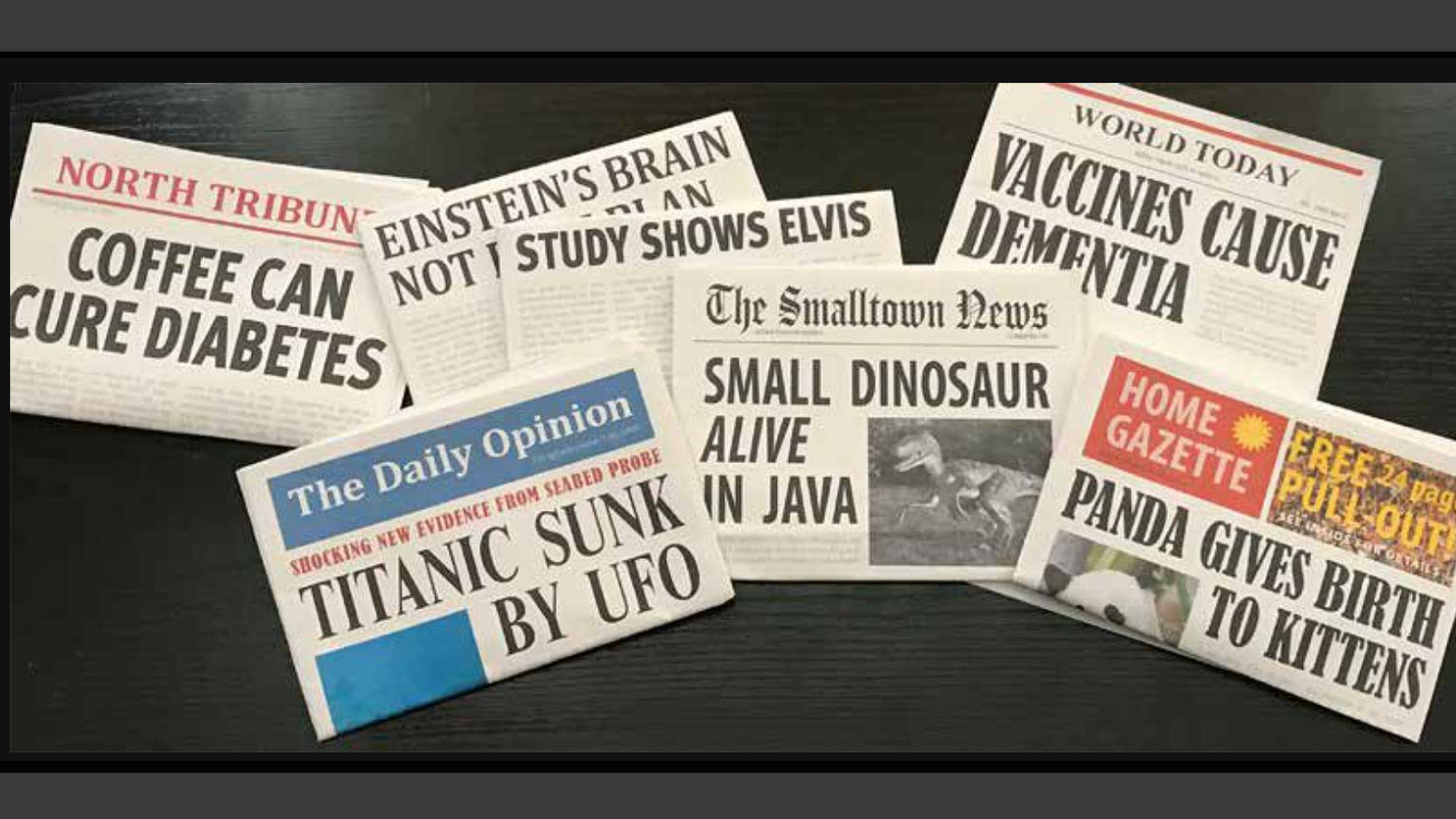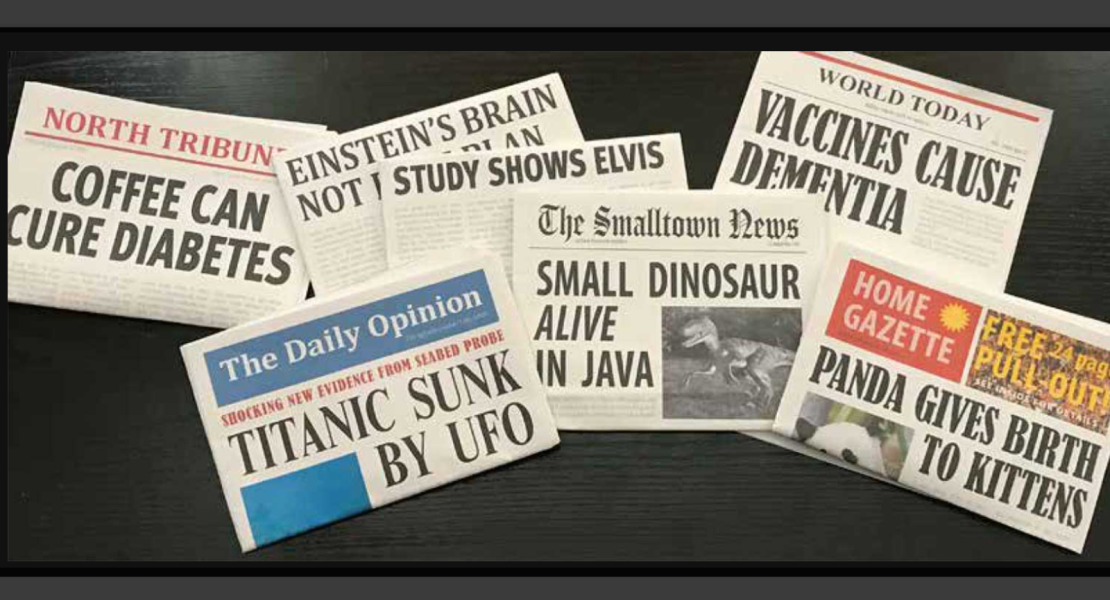Scientific judgments aren't just personal beliefs; they're based on global collaboration, where scientists share data and critique each other's work. To correct misconceptions, science education should focus on how reliable knowledge is created through this community-driven process. In an age of widespread misinformation, we must teach, from middle school through college, how the scientific community generates the knowledge needed for a successful future.
A brief essay, written by authors Bruce Alberts, Karen Hopkin and Keith Roberts, examines and explains how the science community creates reliable knowledge, and is available with a free set of high quality teaching tools, at: https://whytrustscience.org.uk/ .
About the Authors
Bruce Albert is the Chancellor’s Leadership Chair in Biochemistry and Biophysics for Science and Education, Emeritus, University of California, San Francisco. He was the editor-in-chief of Science magazine from 2008–2013, and served as President of the U.S. National Academy of Sciences from 1993 to 2005.
Karen Hopkin received her PhD in biochemistry from the Albert Einstein College of Medicine and is a science writer. She is co-author of the textbook Essential Cell Biology and a contributor to Scientific American’s daily podcast, Science, Quickly.
Keith Roberts received his PhD from the University of Cambridge and is currently Emeritus Professor at the University of East Anglia. He is a co-author of the textbook Molecular Biology of the Cell.



